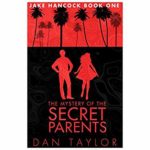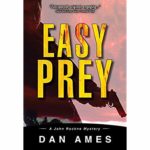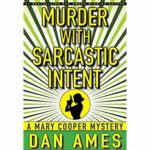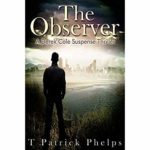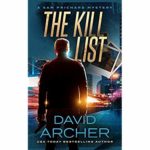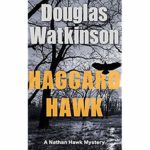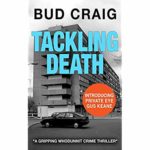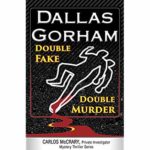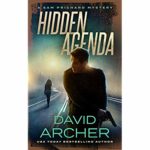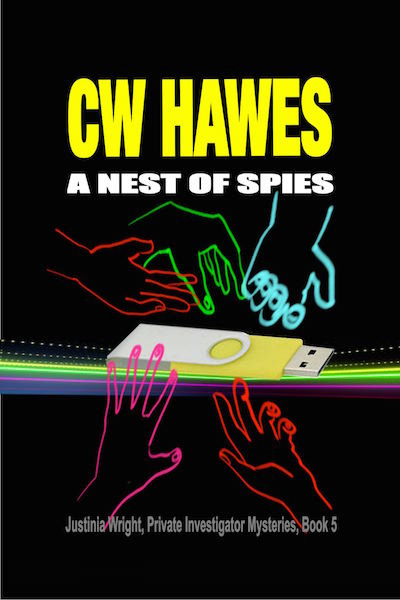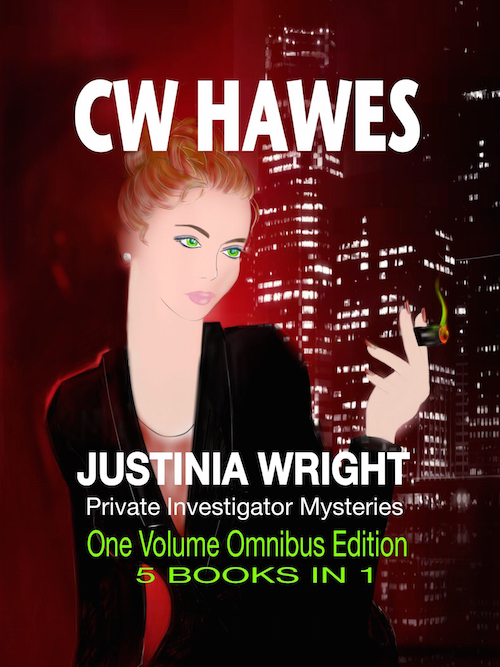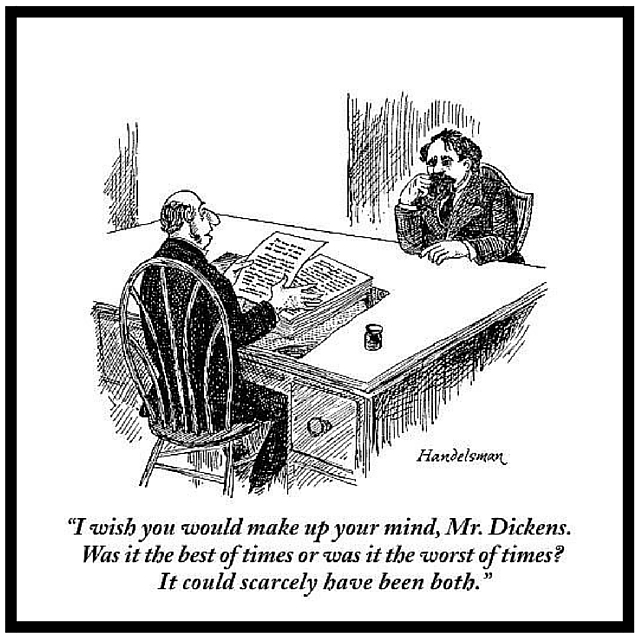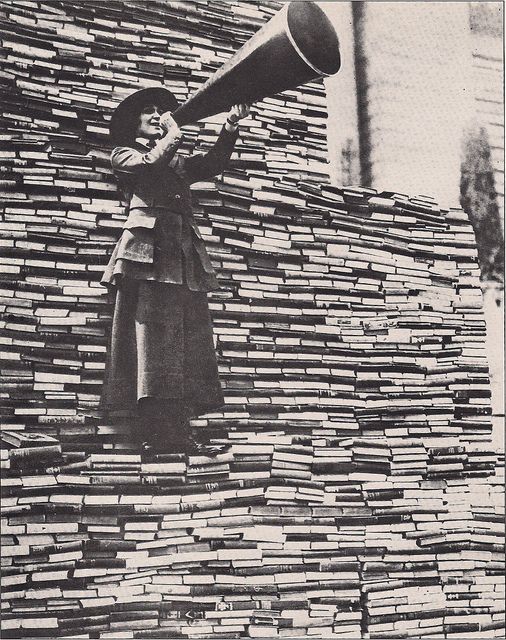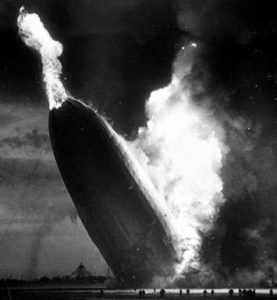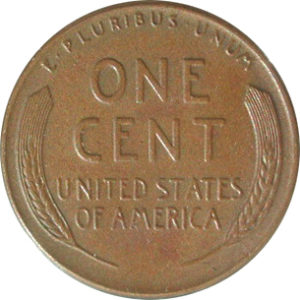
So my writer and reader friends, how much do you think it costs to self-publish a book?
Some will tell you a couple thousand dollars. A well-known indie thriller writer, in his course for writers, said one could publish a book for $500 on a tight budget.
Chris Fox, on a podcast I recently listened to, said he spent $800 for a cover re-make as part of a series re-launch. Then, because he didn’t like it, paid another $1000 to get it “right”. And that was just the cover. No mention of any other fees.
The thing I’ve noticed with so much of the advice out there being offered to independent authors by other independent authors and so-called writing and publishing authorities is the amount of money I “must” spend when on even a tight budget just to publish my book.
Swinging Alexander’s sword at the Gordian Knot, I’m going to tell you the truth. The true and actual cost to self-publish a book is nothing. Nothing but time. In other words, if you are truly on a limited budget, you don’t have to spend one red cent to publish your book.
If you don’t have disposable income, you don’t have it. Writers such as Mark Dawson, Joanna Penn, and Chris Fox all had, apparently, large amounts of disposable income to pour into their nascent self-publishing endeavors. Lucky them.
Let me repeat that. There are some writers who had upscale jobs or careers and large amounts of disposable income available to them when they started their writing careers. Money to spend on editing, covers, formatting, and the like. They are the fortunate ones. The ones with the silver spoons in their mouths.
There are many of us, perhaps most of us, who didn’t and still don’t have disposable income available to fund our publishing dreams to any large extent.
The writers mentioned above who are “killing it” also write to market — which is very important to keep in mind. Because they have a greater chance of getting their money back.
Not all of us wish to do that. In other words, they write for money. Quite honestly, a memoir — no matter how well written and exciting — isn’t going to match up in the sales department with something like Michael Anderle’s Kurtherian Gambit urban fantasy/sci-fi novels.
On the flip side, there are writers who make a decent living from their writing who have never had a bestseller and who don’t hangout in the Amazon top 100 club.
But what one writes is another subject. The fact of the matter is this: you don’t have to spend anything to publish a book these days. No matter what you write.
Think of book publishing as though it were gambling. Because, quite honestly, any business is really a form of gambling and book publishing whether on the mega-corporate level or on the self-published level is not a whole lot different than a game of Texas Holdem.
So what does this mean for you, the independent author? Quite simply it means you have to decide how much you are willing to lose on any given book. Because, especially when starting out, you have no guarantee you will make any money.
Michael Anderle, in an interview, mentioned why he didn’t pay money for an editor to go over his first books. It was this: following the principal of MVP (the Minimally Viable Product) he didn’t want to spend more than he had to on a book when he had no idea if it would even sell. He let his readers tell him what was wrong and right with the books he was producing. And his reader’s did: good stories, lousy editing. So he fixed the editing.
Once you’ve decided how much you are willing to lose on a book, then you know how much you can spend on editing, proofreading, the cover, and formatting. Just like in a poker game. If you’ve decided you can afford to lose a thousand dollars on the luck of the cards, then that’s your limit. Because you have no idea if you will win anything at all.
Self-publishing is no different. It’s a business and you have to decide how much you can afford to lose should your product not sell. Any business that continues to pour money into a losing product is going to go broke. And in the book business the competition is fierce. I read a couple years ago that 3,000 books a day were being published. There are millions of books on Amazon. Who is going to see yours? But that’s a marketing question and not germane to the cost of producing your book. But just keep in mind, the competition.
Nevertheless, it doesn’t have to cost you anything to publish your book.
In the 3 years since I started this adventure, I have published 22 books. I came into self-publishing right when it was changing from the gold rush days to today’s highly competitive and fierce competition. Those days when all one had to do was write a series, make the first book permafree or 99¢, sit back, and enjoy the sales, to today’s super competitive environment where free books are more plentiful than gold ever was. Back then competition was slim. Today it is a whole different ball game.
I came into self-publishing with some knowledge, but was woefully ignorant in a lot of areas and I made lots of mistakes. Mistakes which I must now work with or work around. That said, I’ve spent nothing on editing or proofreading. I used free help and my own time. No one has ever taken me to task over bad editing. I spent nothing on my covers. Nor have I spent anything on formatting. Since I don’t have money, I have to spend my time.
So in 3 years how much money have I made? Not much. I don’t advertise except on social media (which I find to be mostly worthless), yet I sell an average of 9 to 10 books a month. Michael Anderle, who had a good paying job and a wife with a good paying job, spent money on Facebook ads almost right away and saw hundreds of dollars in sales per day. I don’t have $50/day to spend on Facebook advertising. Even $5/day would be stretching it.
For most of us, I think my experience is more the norm. Writers, most writers, don’t make money or a lot of money off of their writing. Unless they write to market and are prolific. And have money to start with.
The genres I write in are not barnburners either. Post-apocalyptic with no zombies. Traditional murder mysteries, not thrillers. Alt history/dieselpunk. Slow burn or whimsical horror. If I wanted to make piles of money, I’d write what is currently popular. Romance, paranormal anything, thrillers. Or erotica (sex sells, after all).
So I spent nothing on the actual production of my books because I didn’t have the money to spend. If I had spent the above mentioned $500 per book for a person on a tight budget, I’d be in the hole $11,000. In three years of self-publishing, I’ve made $600. Looking at those numbers, I’d say I’d have to declare bankruptcy.
However, any money I do make on my books is all profit. Because I have no debt in the product.
I saw on a Facebook forum that one writer of a general fiction novel scraped together $440 for an editor. On her first book. I feel sorry for her. She gave in to the current hype that one just has to have one’s book professionally edited. I hate to say it, but she will probably not see that $440. It’s gone. Because a general fiction book, according to all the experts, will not sell well in the indie world. The indie fiction world is genre driven. It’s like the old pulp fiction world of the ‘20s, ‘30s, and ‘40s. The keys to indie success are:
- write in a popular genre, that is write to market
- write in a series, because indie readers like series
- write fast
- publish often
The only exception to writing in series that I see is if one writes romance, erotica, or horror. And even romance and erotica often involve series characters or a common universe.
That writer with the general fiction book? IMO, the $440 spent on an editor was a waste. She did it because she felt it would be a learning experience for her. Perhaps. But you can either tell a story or you can’t. And if you can’t, no editor is going to help you with that unless they essentially become a co-author.
The only successful writer (defined by making a living from writing), I’ve run across who understands the money end of self-publishing is Patty Jansen, an Australian writer of sci-fi and fantasy.
She honestly states you don’t have to spend a dime on publishing your book. You can do quality yourself. The questions you have to ask yourself, though, are these: how much is my time worth, and will doing it myself take too much time away from my writing?
Those are very important questions to ask. For me, DIY does not take away from my writing. But it might for you. If that’s the case, then you need to look at how much you can afford to lose in order to protect your writing time. At least at the beginning of your career.
To repeat: how much does an independent author-publisher have to spend to self-publish a book? Nothing. You don’t have to spend one red cent.
However, you might want to pay for some services to protect your writing time. Always keeping in mind how much you’re willing to lose on the book and not succumb to temptation to go over that.
If you are an indie author and one who isn’t writing in the most popular of genres, then I think you need to be careful as to how much money you put into your books. Tom Huff wrote spy novels under his own name and sold few. Under a slew of female pen names he wrote romance. As Jennifer Wilde, he tore up the sheets with his bodice rippers.
My point here is this: if you write what you love, you might not make any money from it. That is a fact of life. So invest your precious dollars carefully. If you write to market, that is you write in the most popular genres and cater to all the whims of marketing to the readers of that genre, you might make a lot of money. In which case, the risk to put more money into your book might be worth it. But do remember, Michael Anderle and TS Paul just wrote their books and threw them out there. And they are laughing all the way to the bank. Only now are they going back and fixing their lack of editing. (Which in my opinion they could have largely fixed by being just a touch slower to market in order to read through their typescript at least once out loud.)
Self-publishing is gambling. If you keep that in mind, you’ll protect your money and spend it wisely.
If you are an indie author, I hope this and my previous two posts have been of benefit. If you’re a reader, I hope these posts have given you a better understanding of the ins and outs of self-publishing. Next week, I’ll be off on some other tangent.
As always, I appreciate your comments and insights. Until next time, happy [indie] reading!
Share This!


